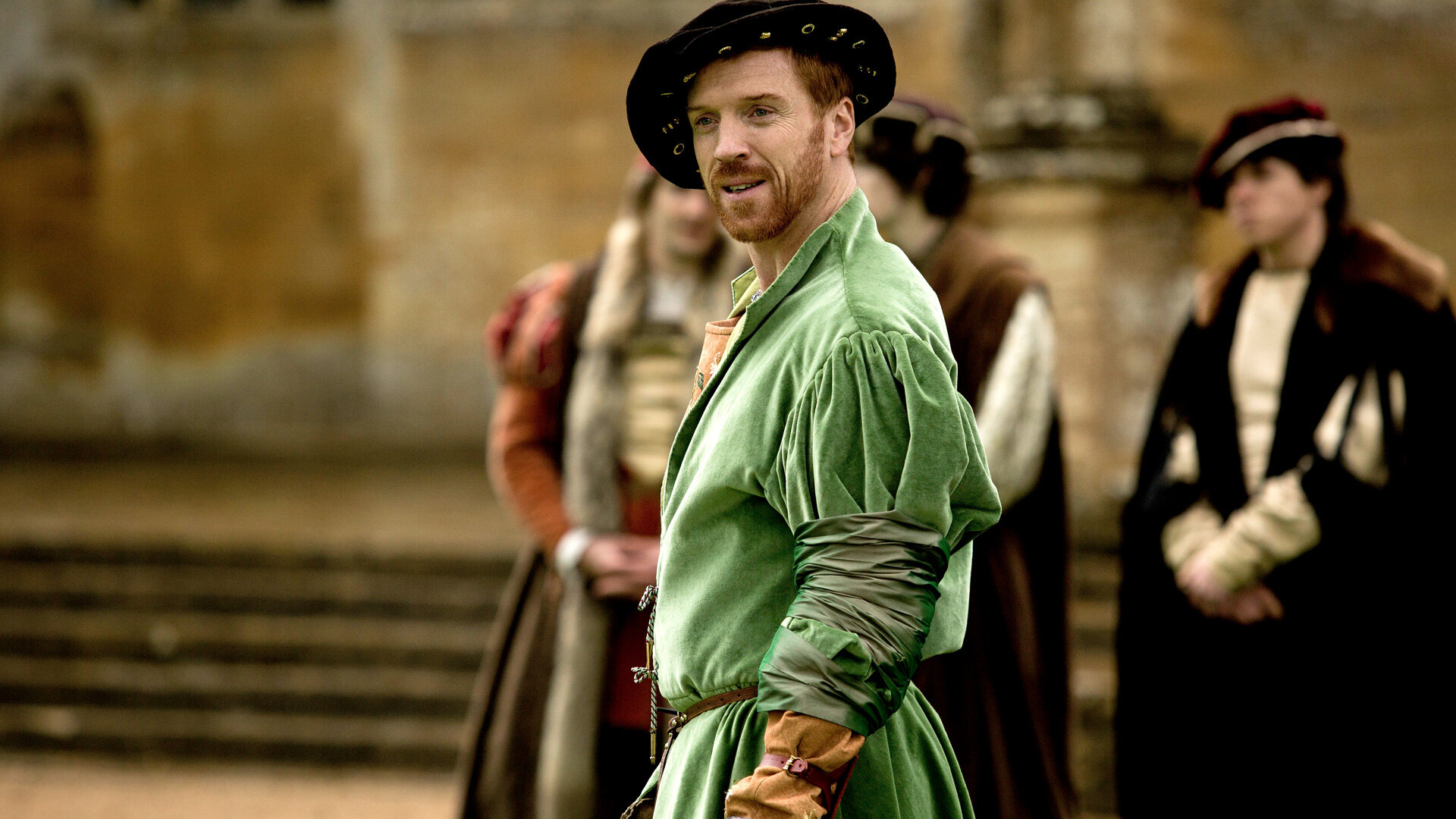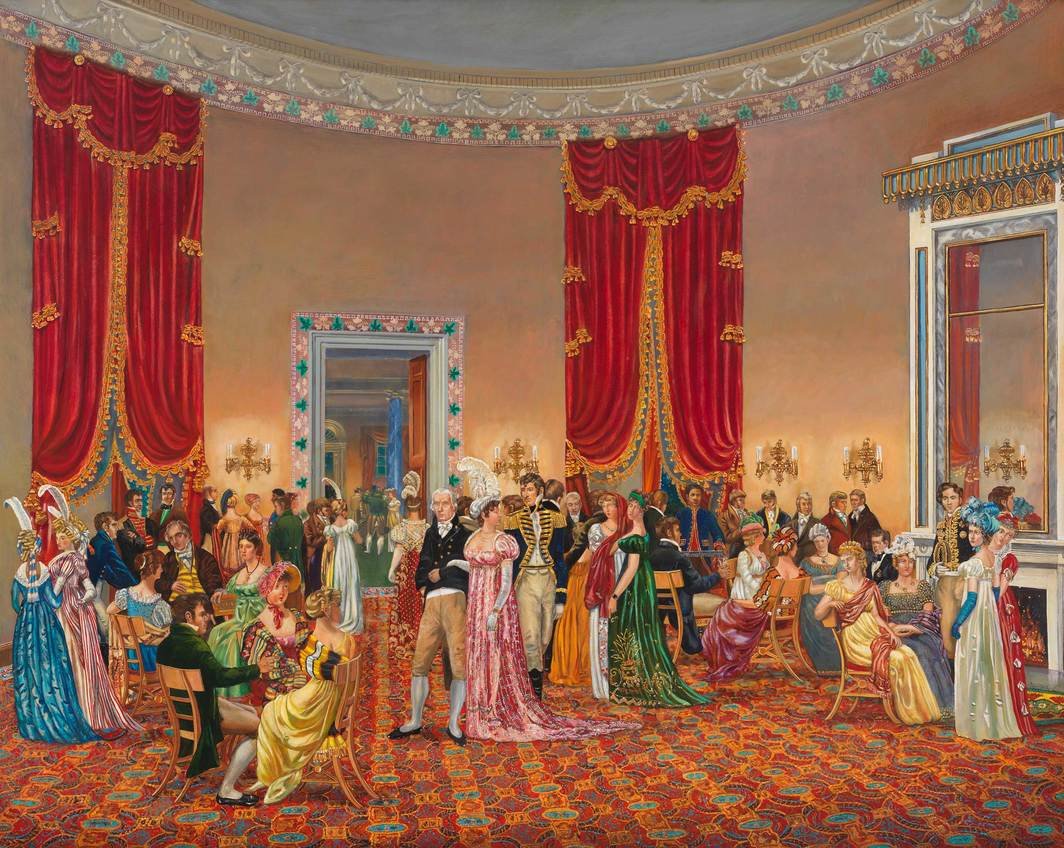Get to Know Abigail Adams
A feminist and an abolitionist, Abigail Adams—wife of one U.S. President and mother of another—was a woman ahead of her time.
“I wish most sincerely there was not a slave in this province. It always appeared a most iniquitous scheme to me—to fight ourselves for what we are daily robbing and plundering from those who have as good a right to freedom as we have,” Abigail Adams wrote to her husband while he was working on the still-evolving U.S. Constitution. She also pointed out that Adams and the rest of the country’s new leadership had an opportunity to make life a little fairer for women — a suggestion that her husband laughingly dismissed.
Abigail Smith married John Adams in 1764, and the letters they wrote to each other over five decades of marriage read like a history of the young United States. Between 1762 and 1801, the couple wrote more than 1,100 letters, with postmarks from Philadelphia (where John spent most of the Revolution), Europe (where John was an ambassador), New York, Boston, and Braintree, Massachusetts, where Abigail kept the family farm while John’s career took him around the world. “My dearest friend,” Abigail calls her husband, and Lysander, referring to the captain of the Spartan fleet. In the 1770s, she teasingly signs her letters Portia, alluding to the long-suffering wife of the Roman Brutus. In their letters they discuss everything from cattle to philosophy, from politics to smallpox, and Abigail never hesitates to express her opinions. It’s tempting to think about what the United States might have become if women like Abigail Adams had been given a voice in its creation—but while we may lament that lost possibility, there are still plenty of reasons to explore the life of this remarkable woman.
Read This
Elementary: Who Was Abigail Adams? by True Kelly: Don’t let the awful Netflix series put you off these books, which are a solid introduction to historical figures like Adams. This one focuses on homeschooled Adams’ insistence on the importance of education for boys and girls.
Elementary: Abigail Adams: Pirate of the Caribbean by Steve Shenkin: OK, the historical Adams never succumbed to the lure of piracy, but that aside, Shenkin’s twisted history does a great job highlighting the qualities that make Adams so interesting: her intelligence, resourcefulness, and willingness to bend the rules—or at least the societal expectations—for women. In Shenkin’s imagination, Adams decides to get out of the boring White House and onto the high seas.
High School: Abigail Adams: A Life by Woody Holton: Holton focuses on Adams’ early feminism, citing her authority-flouting will (which left her property to her granddaughters even though legally everything she owned was her husband’s), the investments that she made without her husband’s approval, and the reading lessons that she gave a free Black serving boy who worked for one of their neighbors.
High School: Dearest Friend: A Life of Abigail Adams by Lynne Withey: Withey celebrates Adams’ feminist innovations, but she also illuminates their very real limits in this biography, which focuses on the relationship between Adams and her husband, a marriage that was a genuine partnership.
High School: First Family by Joseph J. Ellis: Ellis’s Founding Brothers is essential reading for U.S. History, and this joint biography is a good book to balance out the more laudatory biographies of Adams — Ellis isn’t a fan. He emphasizes that she settled comfortably into her career as a wife and helpmeet, and that she often presents herself as a self-sacrificing, neglected wife giving her all to her husband. He also highlights Adams’ support of her husband’s icky Alien and Sedition Acts, which doesn’t match up to her more liberal statements.
High School: My Dearest Friend: Letters of Abigail and John Adams edited by Margaret Hogan and James Taylor: Nothing compares to reading Adams’ own words. Though you can read the complete correspondence on the Massachusetts Historical Society website, this is a well-edited collection that offers a unique peek inside life in colonial and revolutionary American and the early days of the United States. It was common to destroy these kinds of personal letters and uncommon to have two such literate writing partners, so this collection is a real treasure.
High School: First Ladies of the Republic: Martha Washington, Abigail Adams, Dolley Madison, and the Creation of an Iconic American Role by Jeanne E. Abrams: The first Presidential wives invented the modern-day First Lady role, and this book is a fascinating look at how Adams, Martha Washington, and Dolley Madison brought their personalities and interests to the position.
High School: The Ninth Daughter by Barbara Hamilton: If you like your history with a healthy dose of historical fiction, this series is a delight: Full of rich period details and peopled with familiar characters, The Ninth Daughter kicks off the Abigail Adams mystery series in 1773, where tension is brewing and John Adams has been accused of murder.
Watch This
John Adams (2008): HBO’s biopic miniseries (based on the David McCullough biography of John Adams) stars Laura Linney as a practical, intelligent Abigail Adams who manages the family home and farm while her husband’s politics take him around the country and the world.
American Experience: John and Abigail Adams (2005): This is pretty standard American Experience fare, but it’s a good introduction to Adams’ life and the turbulent period of U.S. history in which she lived.
Do This
Use The Culinary Lives of John & Abigail Adams: A Cookbook to whip up a meal like the ones the Adamses would have eaten—roast turkey, plum pudding, and strawberry fool. The 54 recipes in this book are pulled from the Adams’ letters and contemporary cookbooks, and the history of the included dishes is interesting in its own right.
Write a letter to friend, detailing your opinions on what you believe to be the most important issues of the present day. Be sure to include plenty of details of your life (what did you eat for lunch? what did you do for fun? what are you reading?).
(We’re Amazon affiliates, so if you purchase something through an Amazon link, we may receive a small percentage of the sale. Obviously this doesn’t influence what we recommend, and we link to places other than Amazon.) This article originally appeared in the fall 2018 issue of HSL.
















Why is it so easy to hate England's notorious King John? Oh, let us count the ways in this trash-talking unit study.